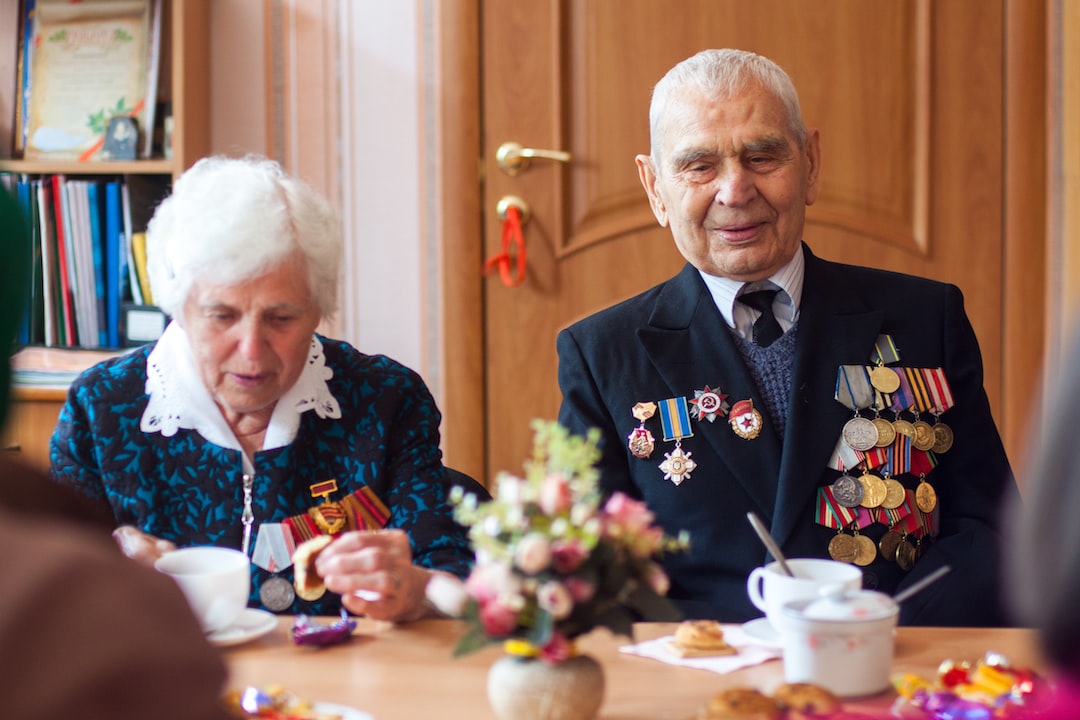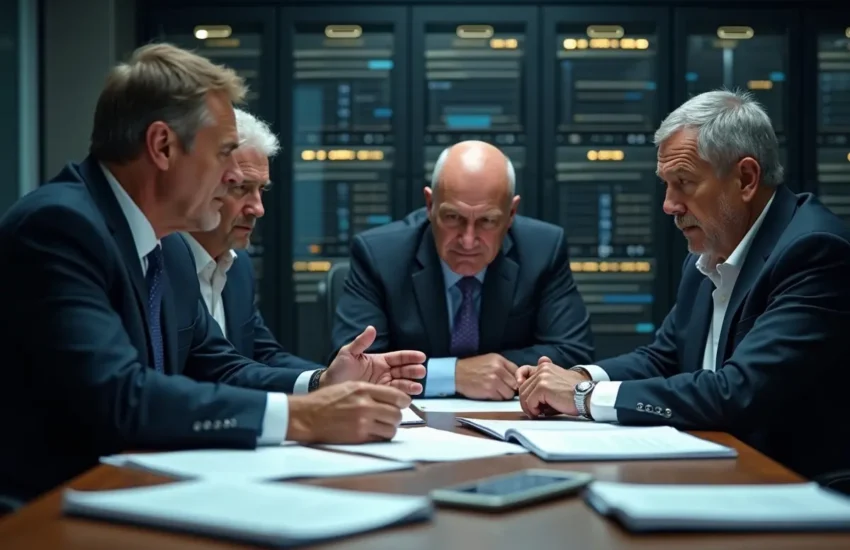What to Expect When Filing a Case At the Veteran Court Of Appeals
The Court of Appeals for Veterans Claims (CAVC) forms part of a 3-step appeal process in a veterans’ VA disability claims process, with the ruling in this stage acting as a review of the verdict passed by the Board of Veterans Appeals. Since veterans rarely utilize this option, figuring out what to expect when filing a case at this level could prove tricky. Listed are some facts to keep in mind when utilizing this option for your appeal.

There Is No Trial By Jury
Trial by jury does not exist in a court of appeals for veterans claims types of cases. Single-judge trials will often be the standard for numerous CAVC appeals. This is because there is rarely any creation of laws at the hearings. If the facts are at hand and the outcome could result in a new precedence, a panel of judges will be the go-to with such a seating still avoiding a jury. Take note that the proceedings could be held in person or via Zoom call, depending on the judges’ request.
Decision on Your Appeal Will Take Time
While the appeal application process is relatively straightforward, decisions will take time. The average decision wait time ranges from 6-12 months. This gives the judges enough time to review your claim in detail, allowing them to get a detailed view of the severity of your disability based on the rating and the facts presented for a fair outcome.
Be Prepared For One of Four Outcomes
The Veteran Court of Appeals provides four remedies for appeal cases. The first may be a referral of the case to the varo or bva for adjudication in claims where they have jurisdiction. The second will be utilizing a remand option in cases where the court believes the bva or varo could have provided a better decision. The other option will be adjudicating, where the court can approve or deny the claim benefits presented. The last alternative will be a dismissal, where the court dismisses the case if it has no jurisdiction.
The VA Will Have a Representative
While the VA is tasked with protecting veteran rights, it will have a legal representative to defend its decision on your claim. This means the trial will be conducted just like other court cases, requiring you also to have a qualified attorney. Legal experts suggest working with a lawyer who understands the CAVC proceedings, with any mishaps likely to result in an unfavorable outcome. Make it a point to have mock court trials beforehand to help prepare for your case. Ensure you have a proper grasp of details in your case, preferably your medical records, as these will form the foundation of your appeal process.
New Evidence Is Prohibited
Unlike other appeal courts that allow for new evidence, the CAVC does not allow for such. Veterans are required to present the relevant medical records about the claims case, the record before the agency and the claims file. These will act as the primary sources of information during the appeal, with CAVC determining if the claim decision was made fairly.
There Will Be a Filing Fee
Veterans will also pay a filing fee as an upfront cost when submitting their appeal to the CAVC, estimated at $50. Your legal team may include this in your representation fee, which is submitted to the court at the appropriate time. Unknown to many, failure to cover this cost could lead to a denied appeal, with veterans having to forego their claim process.
The above are some facts to remember when making an appeal at the CAVC, which veterans often overlook during their filing process. Take note of the decision time taken before an official ruling is given, with veterans required to pay a standard fee for their application process. Additionally, have a legal representative to take you through your case, who could help in educating you on the absence of a jury and avoid adding new evidence during your appeal.


